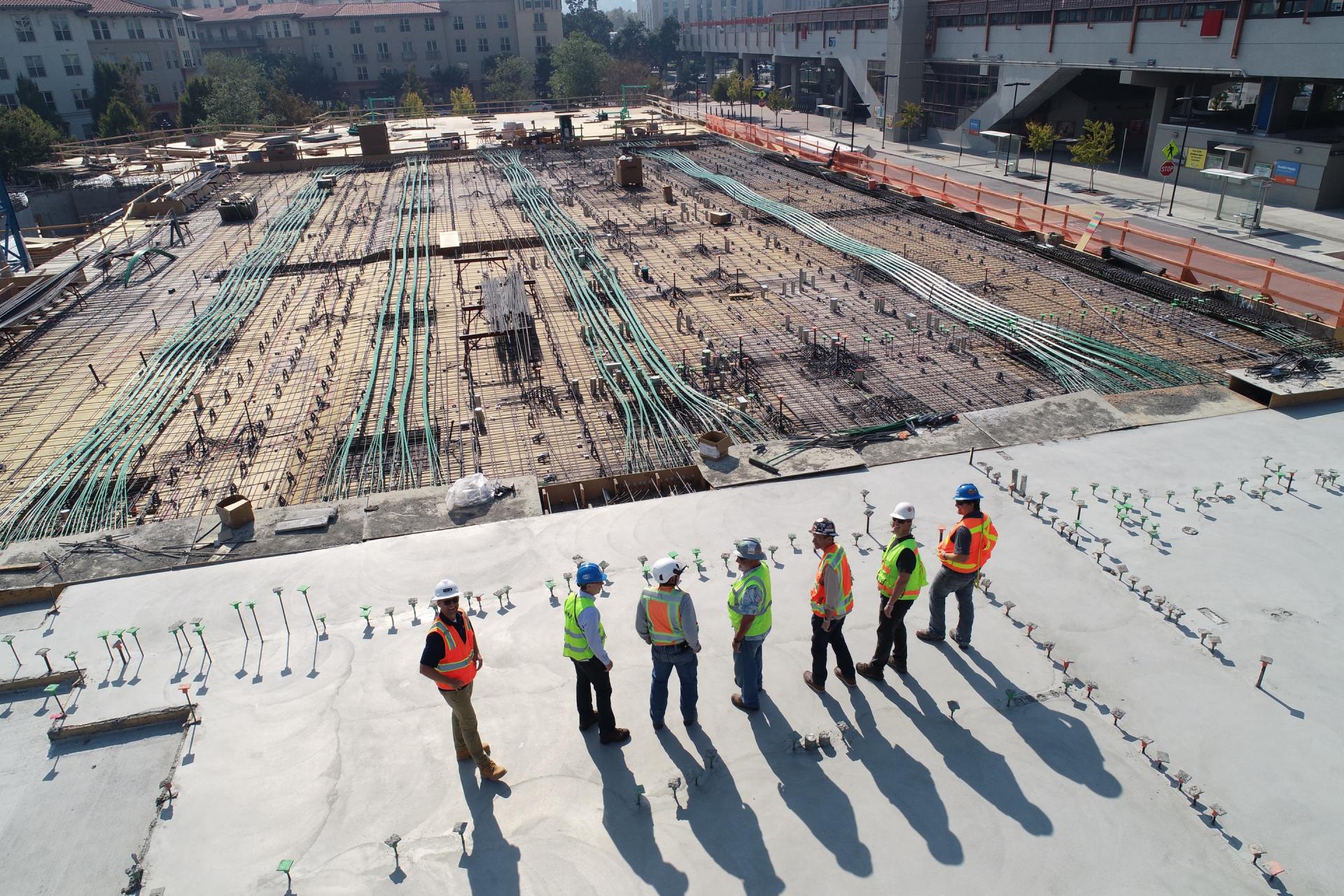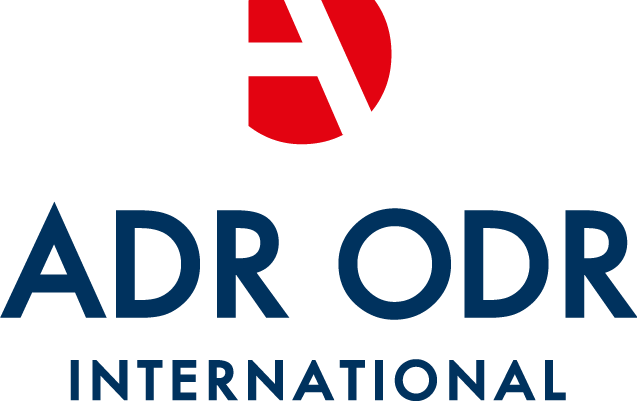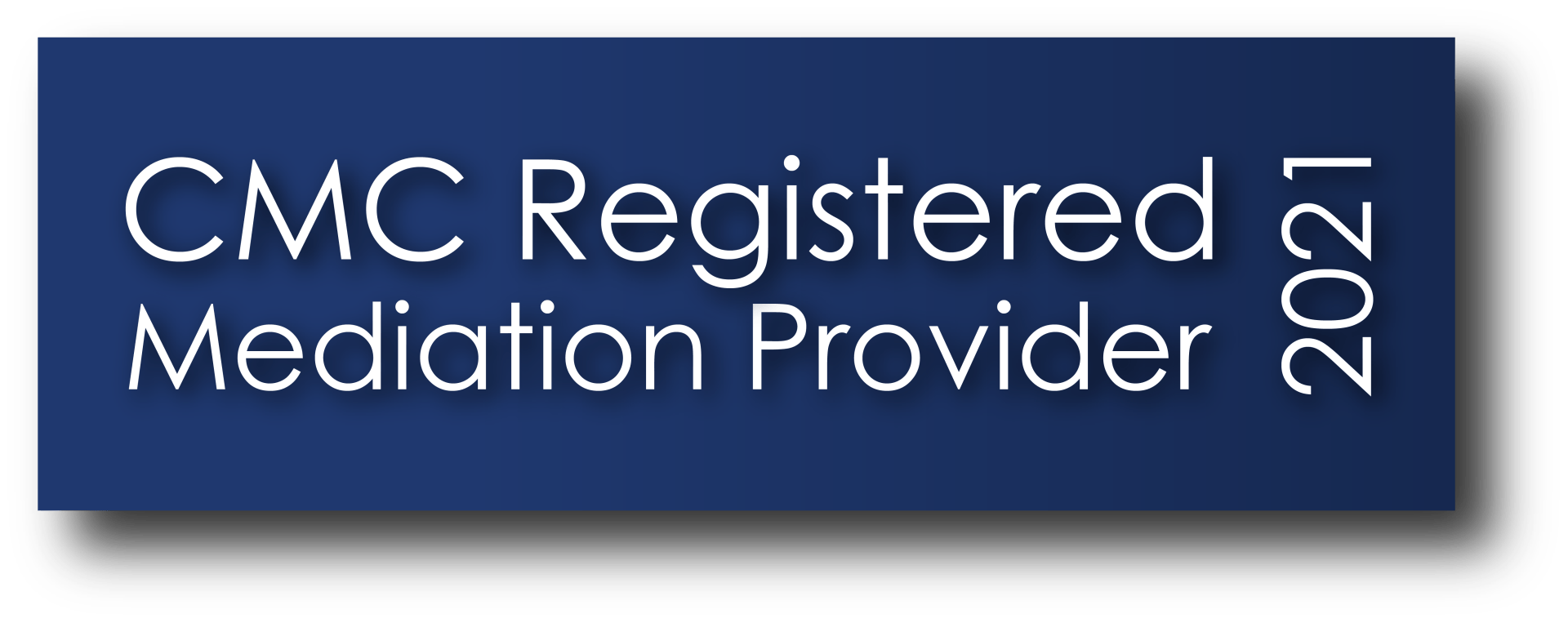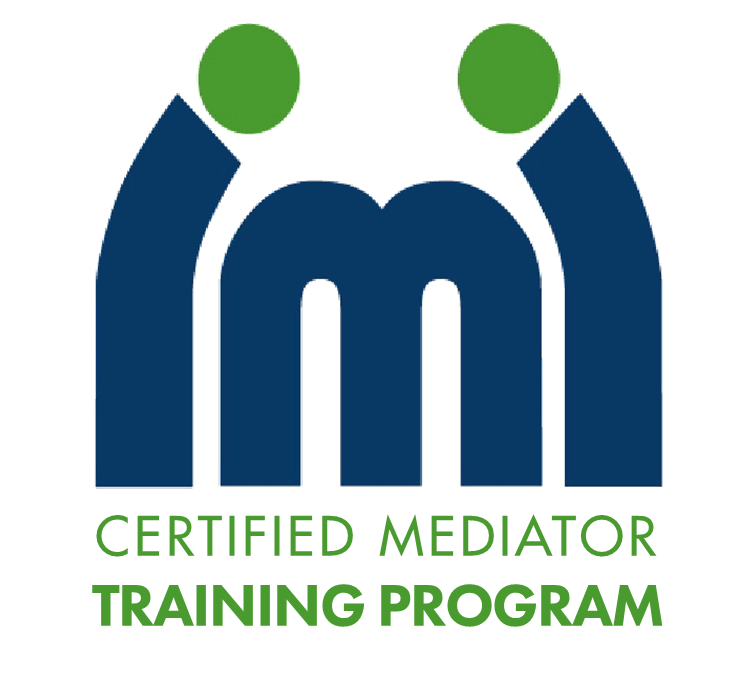Some Advantages of Mediation

Being of a generation that was firmly opposed to such new fangled concepts as Alternative Dispute Resolution, and anything to do with the likes of counselling and in particular CBT, I thought it worthwhile to look briefly at where such whether such attitudes were justified. My own area of practice predominately involves professional negligence and probate claims.
Traditionally under our vaunted adversarial system for litigation, hard pounding by counsel of the facts, with decision making being left to the Judge has been the order of the day. For a long time experts were regarded with distrust as trying to usurp the functions of the Court, and in the personal injuries sphere qualified surgeons and physicians (and not too many of them) alone were listened to (and not too much). A therapist was….well, way too alternative, not a medical practitioner, and therefore not an expert. I may add that the medical profession was only too willing to collude in the exclusion of the therapist, who might otherwise have disrupted their gravy train.
Fortunately the advantages of the likes of CBT have become obvious to see; alternative it may be to traditional medicine, but mainstream it is in its beneficial effects.
But what of ADR, Alternative Dispute Resolution, and in particular, Mediation? Parties are now all but compelled to go to some form of ADR before going on to trial. In the area of family disputes it can argued that they are actually compelled to seek Mediation. To some extent this approach was forced upon the court system which was becoming overloaded by the sheer volume of cases being brought. However in many situations, Mediation has more than proved it's worth.
I have mentioned family disputes, and it can be argued that they have particular features. However much the same can be said of partnership disputes; I have often said that some people enter into business partnerships in the same cavalier manner that others enter into marriage; and at that without any form of licence or other documentation to show that what has actually happened or been agreed! And then to make up the hat trick there are probate claims; a recipe for expense, alienation between surviving family members, and anger, yes anger, towards the deceased for not having sorted his/her affairs out better, not having kept to what (s)he promised, maybe years ago, and/or not leaving to X a larger sum. The areas of disagreement and misunderstanding are endless, and frequently the feelings of resentment caused by individual family members one to another can never be healed. Litigation with its adversarial approach so often only serves to harden attitudes. Into this particular breach Mediation can and does step. It has the literally priceless advantage of bringing the warring factions together and encouraging them to come up with their own solutions. For all that the process is voluntary it puts a degree of pressure on the participants, doubtless prodded by the Mediator, to sit round the table, to consider what it is they really want, and then to talk, albeit initially through the Mediator. From this process emerges what they really want, and finally what they are prepared to take and what they think is fair. This frequently leads to solutions which no court could provide, and has the advantage that the end result is not court imposed. Throw into the mix that the parties have had to communicate with each other and to engage in a give and take process, and the potential of Mediation in this area needs no further elaboration. It can bring closure and reconciliation. Of course it does not always work; and of course it requires all participating parties to approach it with as open a mind as they can muster.
I now turn to the challenging area of professional negligence claims. Mediation is often and rightly advocated for clinical negligence claims. I think here that a word of caution is appropriate. It is not appropriate for every situation; it is not a one size fits all type of option. It is undeniably of immense value where a child, or perhaps an elderly relative, has died. In such cases, where the monetary size of the claim may well not be that substantial, and where very strong emotions come into play, Mediation can and should have the most active role to play. It allows the bereaved parties to see the medical practitioners for what they are, not uncaring monsters, but ordinary human beings, maybe under pressure, doing their best to care for their patients, and conversely allows the medical professionals to see the sheer raw grief of the family etc. It enables the professional to communicate rather than stand off because their insurers demand that; they can express their sorrow and regrets, no matter where the fault lies. The cathartic effect of this should not be underestimated. On the other hand the limitations of Mediation may be seen in claims of maximum severity, especially where liability and/or causation are hotly in dispute. In such cases where complicated expert evidence from a raft of experts may well be required, and fine calculations have to be made, a neutral Mediator, who cannot overly intervene where parties have taken opposing stances, may not be the ideal forum.
And so I move to what I term the more general area of professional negligence claims. Clearly, those disadvantages set out above in respect of clinical negligence claims also apply here. Where there are highly technical issues to resolve involving experts from diverse competencies, the Mediator’s task is not an enviable one. His/her difficulties would be compounded were there to be two litigants in person (which admittedly is unlikely) or, and this perhaps is the least desirable scenario, a Claimant litigant in person against an insurer backed Defendant. The Mediator could well find him/herself in an almost impossible position were the insured party to be trying effectively to pressurise the litigant in person to accept a clearly unfair compromise. That said, it is fair to pose the question; how often is such a situation likely to arise in practice? Very rarely indeed I would suggest. It is worthwhile remembering at this juncture that the vast majority of claims going through the courts are for relatively small sums, and are such where the costs are highly likely to exceed the quantum of damages in issue. Here there is an obvious case for Mediation; the costs and time advantages are clear-cut. A counter argument gets raised by the insurers to the effect that in a Mediation they will in reality be forced to offer something no matter how poor the Claimant’s case is. This it seems to me is a specious argument. Greater costs will be incurred through litigation! However also worth remembering is that for the professional there is no publicity, and for the individual Claimant there is removed the formality of the Court. The possibility of having whatever has gone wrong put right, maybe on a without prejudice basis, could also be attractive to both parties. Overall therefore, there is a strong case for rolling out Mediation as a highly desirable and genuine alternative to litigation in many professional negligence disputes, and as an avenue that should be investigated, holding as it does potential advantages for both sides.
















